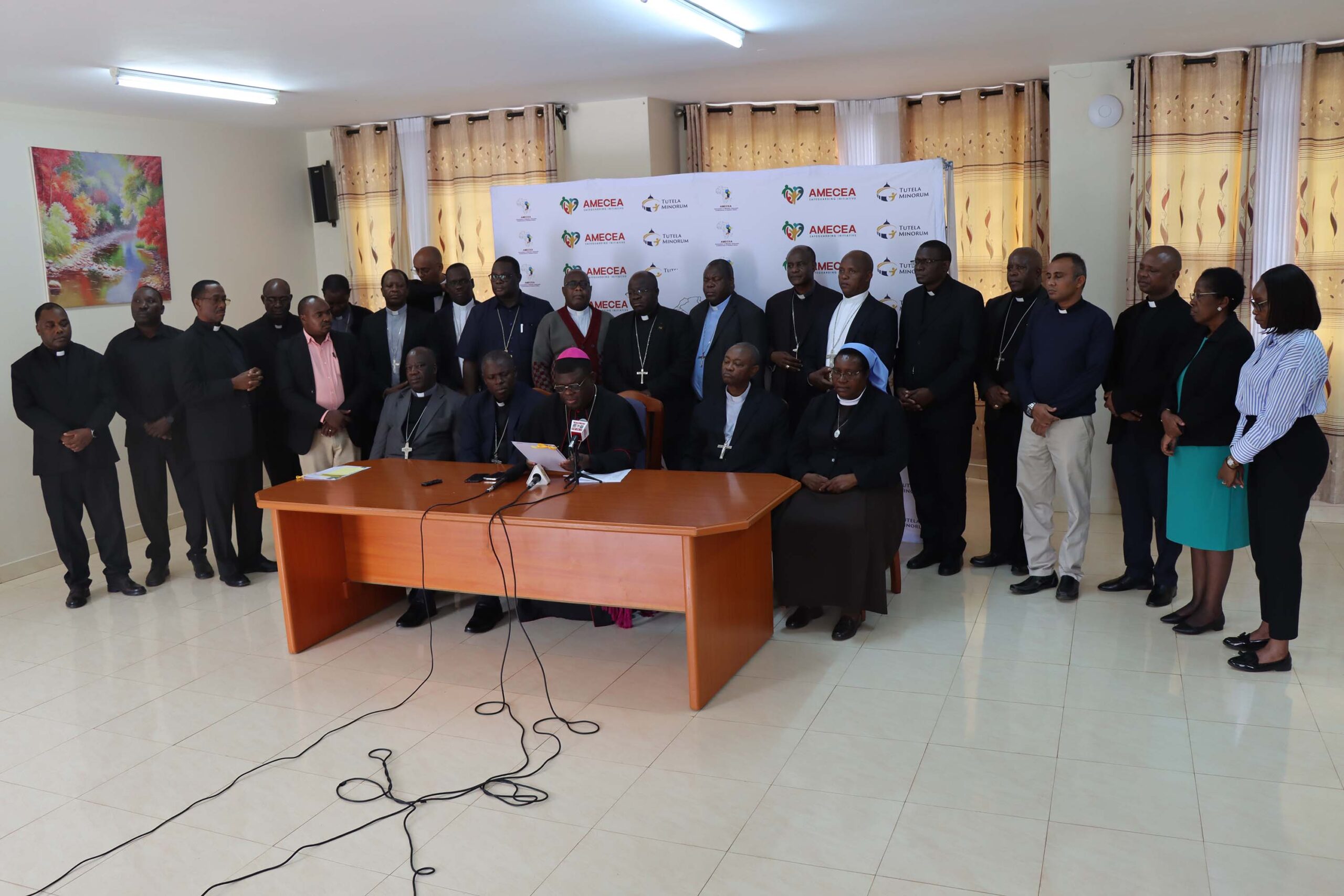AMECEA: Examination of Cultural Norms, Vital for Effective Safeguarding: AMECEA Chairman

Sr. Jecinter Antoinette Okoth, FSSA
The chairman of the Association of Member Episcopal Conferences in Eastern Africa (AMECEA) at the opening of a three-day training conference for bishops and safeguarding practitioners, emphasized the need to embrace the African traditions and customs when handling safeguarding issues and protection of minors and vulnerable adults.
Addressing about 30 participants from across the conferences in the region and its affiliate country of Djibouti on Tuesday, July 2, Bishop Charles Sampa Kasonde pointed out that AMECEA being a region with diverse cultural practices, the safeguarding practitioners need not assume these norms but effectively interpret them in the context of the gospel message.
“The AMECEA region is characterized by a wealth of social and cultural diversity, with each community having a variety of cultural beliefs, traditions, and practices. To effectively interpret safeguarding messages, it is necessary to carefully examine these traditions, practices, and attitudes in the context of the gospel message, current trends, and legal provisions,” Bishop Kasonde of Solwezi Diocese, Zambia highlighted.
The Prelate who has been at the helm of the region since 2018 narrated further that, AMECEA safeguarding Initiative “provides interventions that are culturally appropriate and guided by the Holy Scriptures, the Code of Canon Law, and internationally recognized safeguarding standards.”
According to the chairman, the conference themed: ‘You are the light of the world: Pastoral commitment to safeguarding,’ points out that AMECEA safeguarding initiative recognizes that children are sacred and deserves reverence, respect, and protection and “aims to ensure that children and vulnerable adults are raised in environments that are supportive and peaceful, thereby improving the quality of human life.”
He based his message on scriptures that ‘Children are a heritage from the Lord, offspring, a reward from Him,’ (Psalm 127:3).
Hence through the training of bishops and safeguarding practitioners the Zambian Prelate said, “The church seeks to stay aligned, rooted, and well informed, ensuring that it can effectively guide its pastoral agents and communities in making strong decisions that enhance the wellbeing of children and vulnerable adults.”
On his part, while welcoming the delegates to the training on Tuesday, in Nairobi Archdiocese where the conference was hosted, Archbishop Philip Arnold Anyolo underscored that the “consultative meeting aims to review the state of safeguarding for children and vulnerable adults in our respective member conferences, following the guidance of His Holiness Pope Francis, who has declared zero tolerance for the abuse of minors and vulnerable adults.”
As Shepherds and safeguarding practitioners entrusted with the responsibility to bring joy to all children and vulnerable adults, the Archbishop said, “We may not be able to address every challenge, but guided by the Holy Spirit, let’s strive, to offer solutions that reflect a loving and caring Church.”
He concluded saying the gathering is a platform that provides a valuable opportunity for the delegates to interact, share ideas, and strengthen regional collaboration in the spirit of Synodality.


